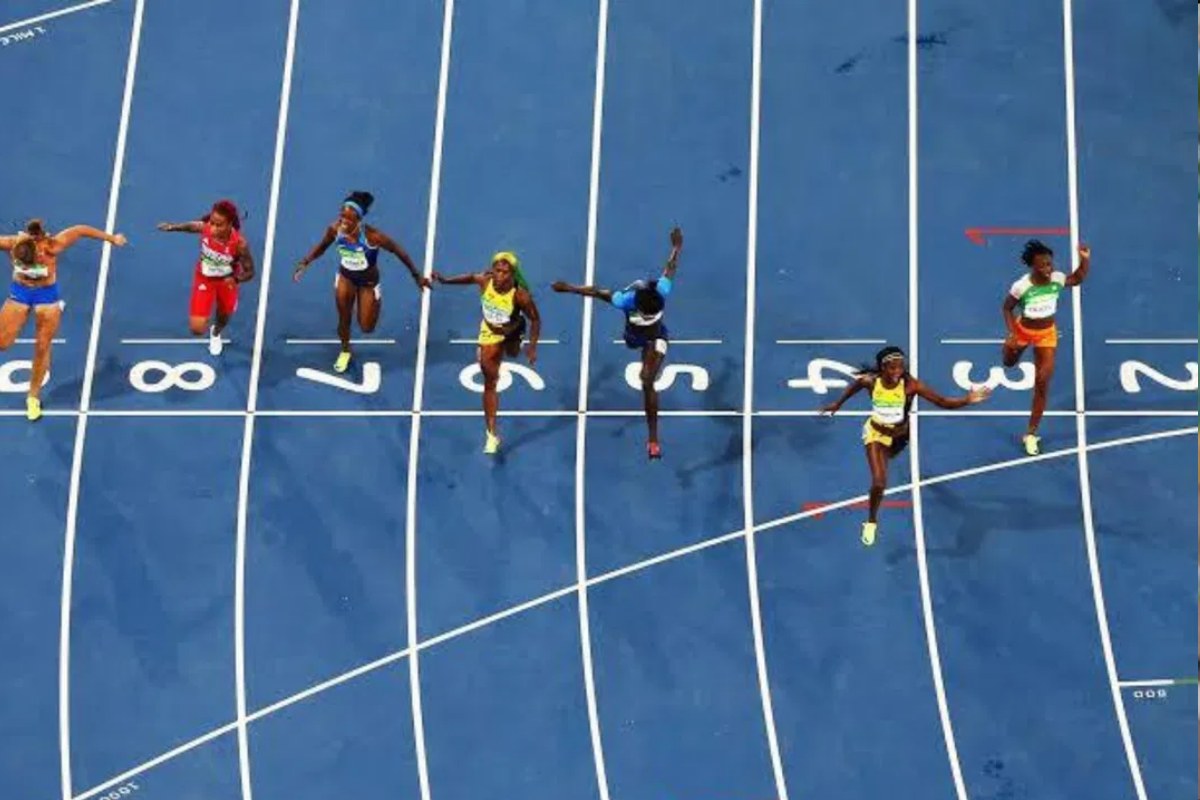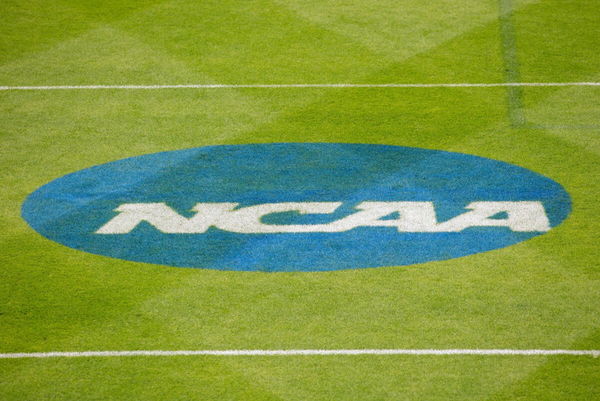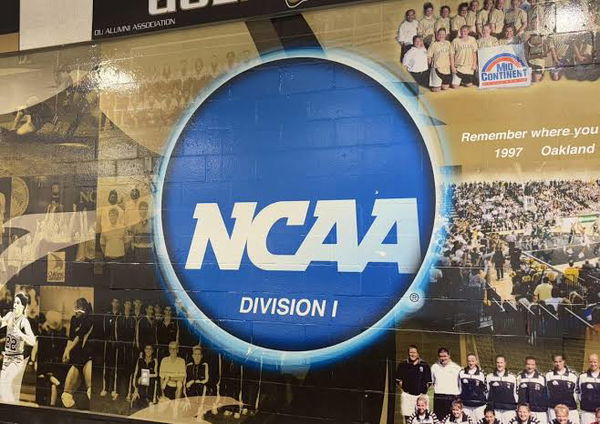
Imago

Imago
What started as a long-standing legal battle over fairness in college sports has ended with a seismic shift. After nearly five years, House v. NCAA reached its conclusion when U.S. District Judge Claudia Wilken approved a landmark $2.8 billion settlement on June 6, 2025. The lawsuit targeted the NCAA and major conferences for restricting college athletes from profiting off their name, image, and likeness (NIL) and excluding them from revenue sharing despite their massive contributions to billion-dollar sports programs. Now, the NCAA is on the hook to pay out billions over the next decade to athletes who competed from 2016 onward.
Watch What’s Trending Now!
As headlines lit up with celebration, HRTV summed up the moment in bold on Instagram: “Federal Judge Approves $2.8B Settlement, paving way for US colleges to pay athletes millions.” But amid the celebrations, alarm bells rang from those behind the scenes. In a rare joint statement, four major collegiate coaching associations. The U.S. Track & Field and Cross Country Coaches Association (USTFCCCA), along with AVCA, NWCA, and CSCAA, voiced serious concerns.
ADVERTISEMENT
While they acknowledged the progress made toward athlete compensation, they warned that non-revenue sports like track and field could be gutted in the fallout. DyeStat took to X, writing, “College Coaching Associations Respond to Approval of NCAA Settlement, Urge Congressional Action to Protect Broad-Based Sports.” The urgency in their post echoed the joint statement issued by the U.S. Track & Field and Cross Country Coaches Association, along with the AVCA, NWCA, and CSCAA.
ADVERTISEMENT
College Coaching Associations Respond to Approval of NCAA Settlement, Urge Congressional Action to Protect Broad-Based Sports
📰 https://t.co/pWEOKop94u pic.twitter.com/9jof0ofhCn
— DyeStat (@DyeStat) June 8, 2025
While Judge Claudia Wilken’s approval was seen as a victory for athlete compensation reform, these coaching associations weren’t shy about voicing their fears. “We remain deeply concerned about the potential negative impact the settlement may have on broad-based sports programs,” the statement read. According to the statement, athletic programs outside the football and basketball spotlight are already feeling the squeeze.
“Budget cuts and program eliminations have already taken place in anticipation of today’s outcome, and more are likely to follow,” the coaches warned. Their fear? Schools may be forced to divert resources away from Olympic and non-revenue sports just to stay afloat under the new financial obligations. The groups also criticized the lack of clarity on whether student-athletes might eventually be classified as employees.
A move that could further strain institutions. Add to that the unresolved implications for Title IX, and it’s clear the legal resolution still leaves many critical questions dangling. Their call to action is now clear. Congress needs to step in. “The future of college sports must not disproportionately benefit a small fraction of the NCAA student-athlete population while jeopardizing opportunities for others,” the joint statement declared.

With Olympic disciplines like swimming, wrestling, and track & field at stake, the coaches are demanding a legislative solution that preserves sport diversity.
Associations unite to safeguard the future of collegiate Olympic sports
In the wake of the historic NCAA settlement, four national coaching associations have doubled down on their mission to protect the integrity of Olympic and broad-based sports at the collegiate level. While acknowledging the progress made through the $2.8 billion decision, they aren’t stepping back. Instead, they’ve reaffirmed their commitment to pushing for legislative action.
Their priorities are crystal clear: ensuring student-athletes are not classified as employees and introducing uniform NIL regulation to level the playing field. Beyond that, they’re demanding proportional investment in Olympic sports and safeguarding current NCAA sport sponsorship mandates. This includes 16 sports for FBS programs and 14 for FCS and non-football Division I institutions.
At the center of this advocacy stands the U.S. Track & Field and Cross Country Coaches Association (USTFCCCA). A powerful voice representing over 11,000 coaching members from nearly every NCAA track & field program in the country, as well as NAIA, NJCAA, and state high school associations. The USTFCCCA continues to play a pivotal role in shaping the policies that directly impact the survival and growth of cross-country and track & field programs.

As a unified front with its fellow coaching bodies, it is driving efforts to secure equitable treatment and funding for sports often overlooked in revenue-driven discussions. Adding a bit of irony to the moment was Olympian Tara Davis-Woodhall, who chimed in via Instagram. “The only time I wish I was in college still,” she posted, throwing in a cheeky “Y’all are welcome btw🙄” in the corner of the screen.
Her comment speaks volumes about how different her collegiate experience might’ve been under the new NIL landscape. Starting July 1, 2025, schools can pay athletes up to $20.5 million annually. A cap that will rise over time. Moreover, a clearinghouse called NIL Go, run by Deloitte, now oversees NIL deals over $600, giving today’s athletes benefits that Davis-Woodhall, in her college prime, could only dream of.
ADVERTISEMENT
ADVERTISEMENT
ADVERTISEMENT
ADVERTISEMENT